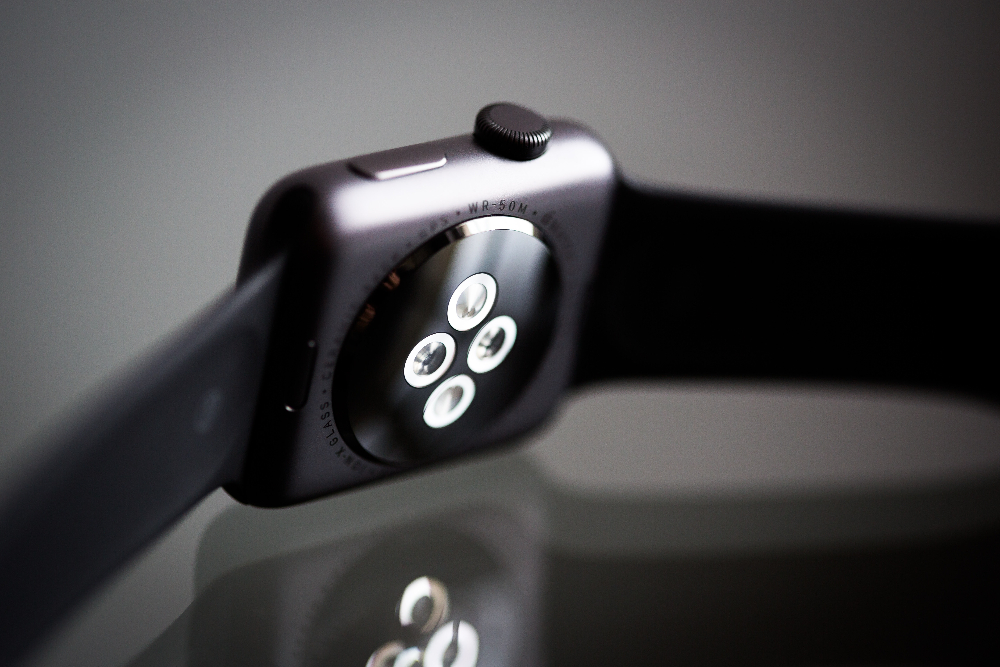Medical technology company AliveCor had claimed in its antitrust lawsuit that Apple intentionally made it more difficult for third-party companies to create competing heart-monitoring programs for the Apple Watch.
A U.S. federal appeals court has dismissed a lawsuit alleging that Apple held an unlawful monopoly on heart-monitoring applications available for the Apple Watch.
According to Time, the complaint was filed in 2021 on behalf of AliveCor, a medical technology start-up. In court filings, attorneys for AliveCor suggested that Apple violated federal law by making it more difficult for third-party heart-monitoring applications to use its algorithms.
“AliveCor’s lawsuit challenged Apple’s ability to improve important capabilities of the Apple Watch that consumers and developers rely on, and today’s outcome confirms that is not anticompetitive,” Apple said in a press release. “We thank the Court for its careful consideration of this case, and will continue to protect the innovations we advance on behalf of our customers against meritless claims.”
The lawsuit, writes 9to5mac, centered on upgrades to the Apple Watch’s heart rate algorithm, implemented as part of watchOS 5 in 2018. In moving from the “Heart Rate Path Optimizer” algorithm to the “Heart Rate Neural Network” algorithm, Apple purportedly closed the door on some of AliveCor’s SmartRhythm heart-monitoring features.

Apple had, at the time, justified its change in algorithms by saying that the “Heart Rate Neural Network” was much more accurate than its predecessor.
But AliveCor interpreted the change as a deliberate and calculated decision, designed to limit the competitiveness of third-party services and ensure Apple’s access to heartrate-related data.
“When AliveCor first developed its offerings for the Apple Watch, Apple accepted SmartRhythm in the App Store without objection. But soon after, Apple suddenly claimed that the app ‘violated’ unwritten App Store guidelines,” AliveCor wrote in a 2021 filing. “When AliveCor pushed back, Apple responded by literally rewriting the rules.”
“Nevertheless,” the company said, “AliveCor adapted SmartRhythm multiple times so that it met Apple’s ever-changing guidelines. Finally, Apple made changes to watchOS’s heartrate algorithm that ensured SmartRhythm and other competing apps could not work.”
In its antitrust lawsuit, AliveCor noted that it had been developing its own smartwatch, Kardiaband—a product that Apple executives had expressed interest in, and for which they had tentatively proposed longer-term collaboration. But, a year after the 2015 meeting and mere days before Kardiaband was scheduled for launch, Apple announced that it had integrated heart-monitoring features in its Apple watch.
Earlier this week, though, a U.S. district court judge resolved the lawsuit in Apple’s favor, finding that the company’s actions and practices were not anticompetitive and that AliveCor’s case should not proceed to trial.
Details of the court’s order have not yet been made public, but Apple said that it will release more information in the coming days.
AliveCor, meanwhile, has said that it will appeal the decision and “will continue to vigorously protect our intellectual property to benefit our consumers and promote innovation.”
Sources
AliveCor files antitrust suit against Apple over Apple Watch tech and monopolistic tactics
Apple Beats an Apple Watch Lawsuit
Apple handed a victory in Apple Watch antitrust lawsuit with AliveCor
What to Know About the Various Legal Disputes Over the Apple Watch


Join the conversation!